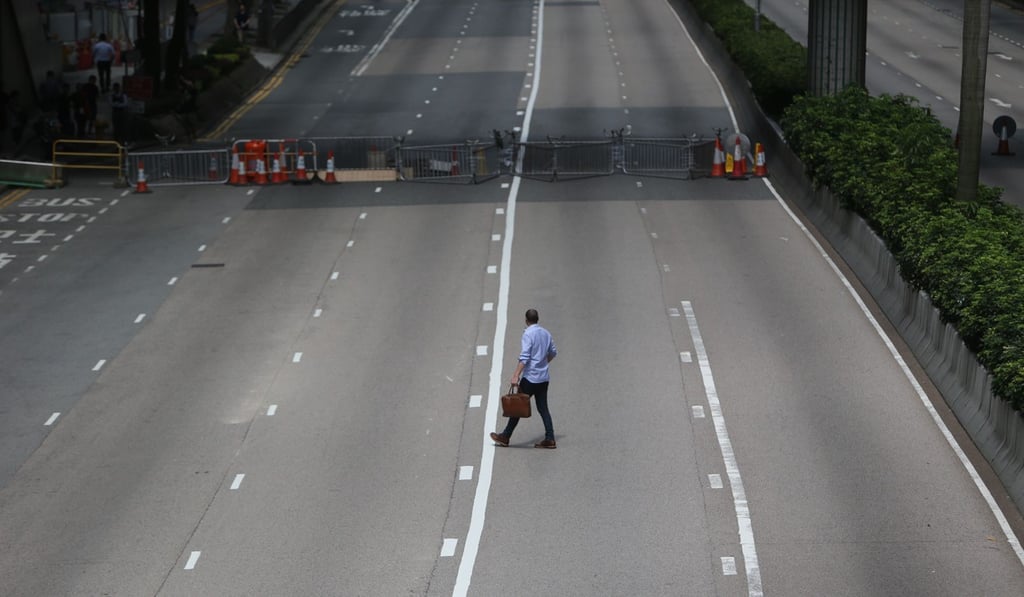Sino File | What’s to stop Hong Kong’s ‘well water’ mixing with Beijing’s ‘river water’? Nothing, the extradition law mess proves it
- When Hongkongers protested against the Tiananmen crackdown, Jiang Zemin said the “well water should not mix with the river water”
- Thirty years on, it’s apparent there’s no filter to stop that happening

In reaction to massive protests in Hong Kong against Beijing’s bloody military crackdown on the student-led pro-democracy movement of 1989, Jiang Zemin – the president at the time – quoted the Chinese idiom that “the well water does not mix with the river water”. Jiang’s point was that Hong Kong should not interfere in the affairs of mainland China and that, likewise, mainland China should not interfere in Hong Kong’s.
But since the handover of Hong Kong’s sovereignty from Britain to mainland China in 1997 – under the formula of “one country, two systems” – the two types of water have, increasingly, mixed together as economic integration between the two communities has grown.

The recent controversy in Hong Kong over a bill that would allow for extradition to the Chinese mainland is just the latest such instance of the mixing of the waters, to use Jiang’s metaphor, to have occurred over the past two decades.
Under the concept of “one country”, it is fair to expect Hong Kong and the mainland to forge a relationship with each other that is much closer than their relationships with foreign nations. They should, therefore, join hands to fulfil international obligations. Extraditions are one such instance of these. Both Hong Kong and the mainland are part of a global anti-crime effort aimed at upholding justice across borders. So given the rise of cross-border crimes – such as corruption, drug trafficking, counterfeiting and cyber offences – the need for some kind of extradition process between Hong Kong and the mainland is becoming more apparent.
However, it should be remembered that under the concept of “two systems”, Hong Kong is also accorded its own legal and economic systems, which are supposed to offer a more robust protection of civil liberties than anywhere on the mainland under one-party communist rule.
